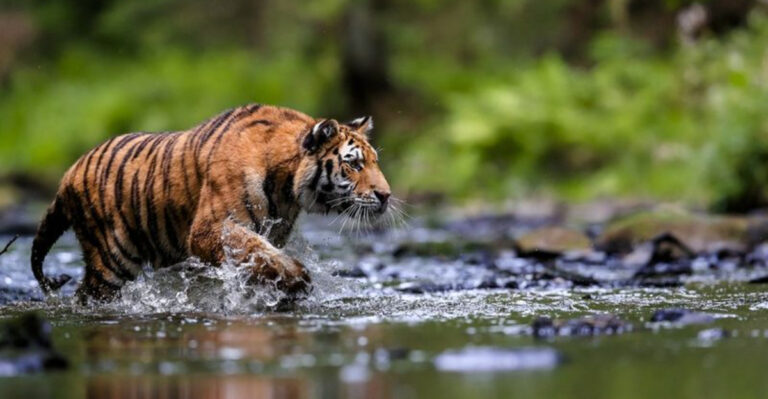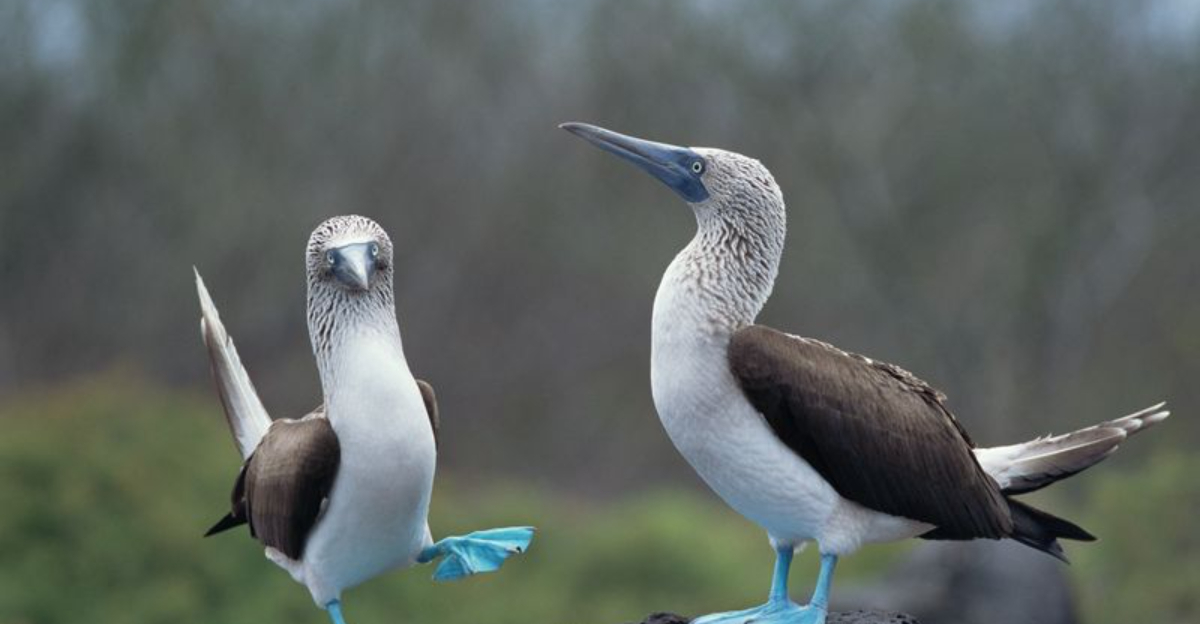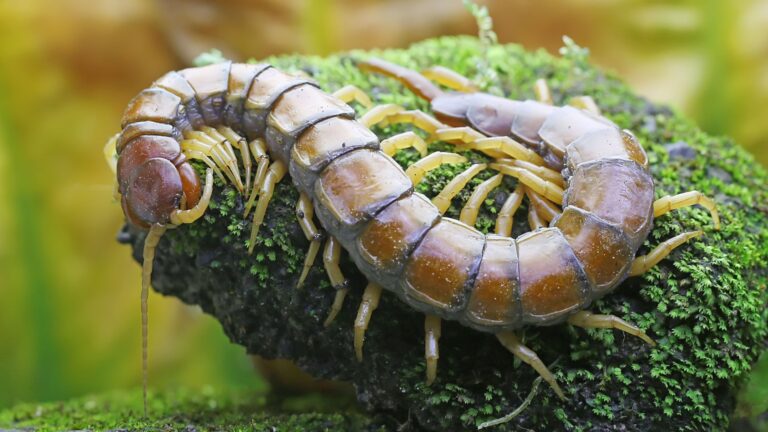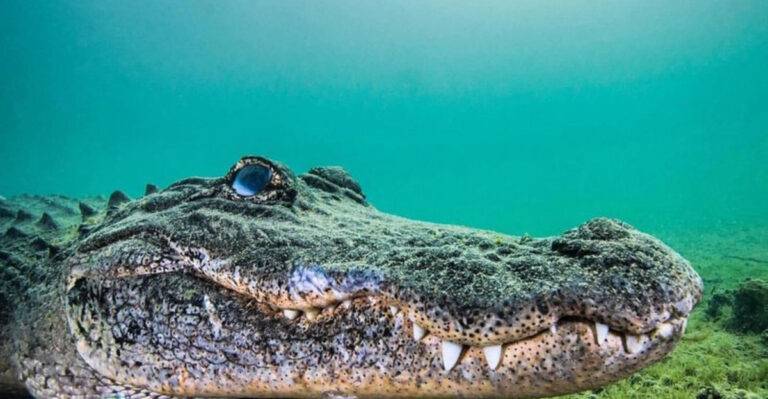6 Reasons Why Wild Dolphins Go Out Of Their Way To Save Humans
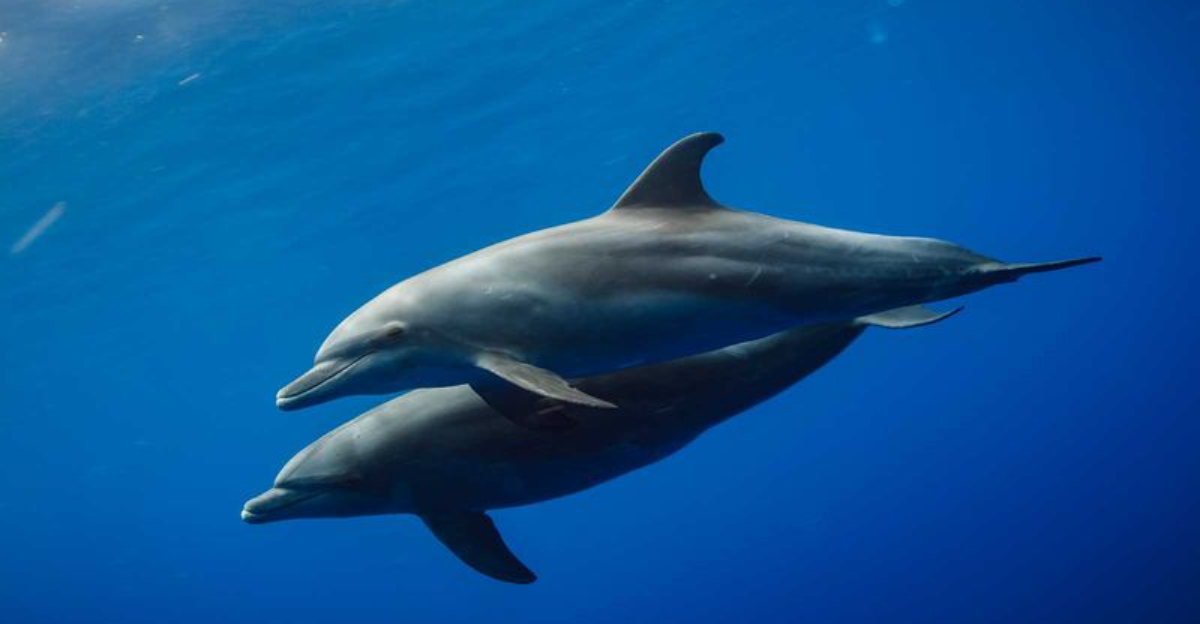
Wild dolphins have long fascinated humans with their intelligence and playful behavior, but one of the most intriguing aspects of these marine creatures is their frequent tendency to help people in distress.
Today, we’ll explore compelling reasons why wild dolphins might engage in such altruistic acts, showcasing their unique nature and the mysterious bond between humans and these oceanic mammals.
Join us as we dive into this captivating subject, revealing insights into the motivations behind dolphins’ life-saving interventions.
1. Empathy And Social Connection
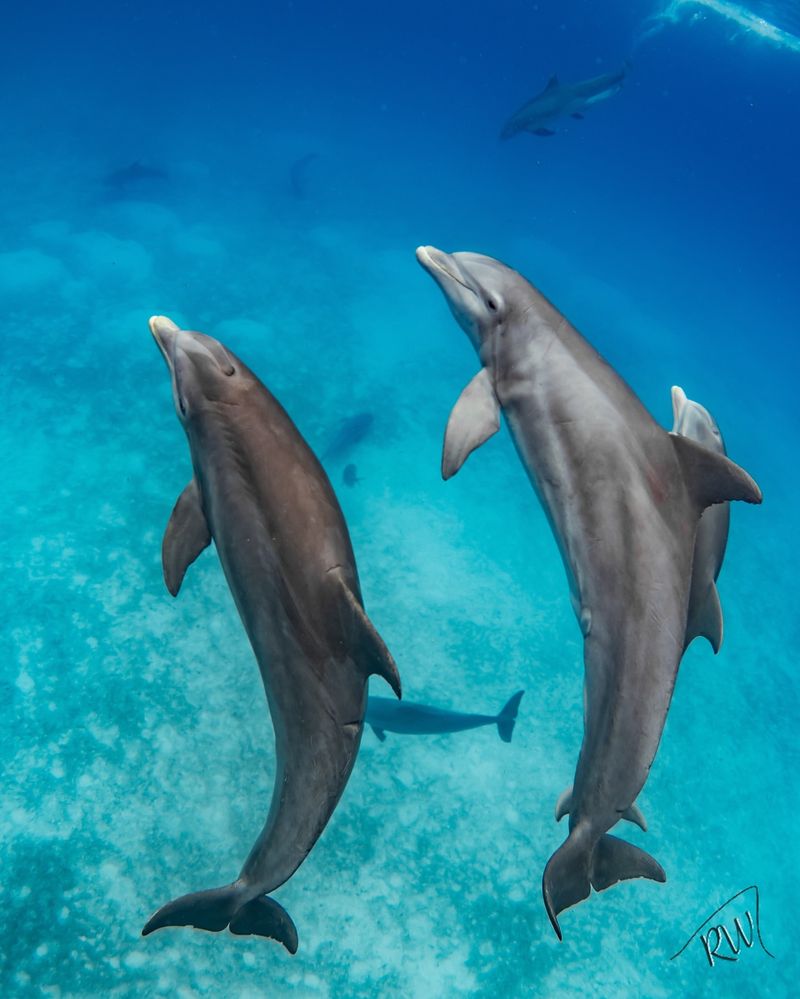
Dolphins are known for their complex social structures and strong connections within their pods. This social nature extends beyond their own species, as they often demonstrate empathy toward humans.
When a person is in distress, dolphins might perceive the situation as they would for a fellow dolphin, triggering a response to assist. This empathetic behavior is thought to be rooted in their highly developed emotional intelligence, which allows them to recognize distress signals and react accordingly.
Dolphins’ ability to form bonds with humans, even in the wild, speaks volumes about their capacity for empathy. Their willingness to help humans can be seen as an extension of the caring behaviors they exhibit within their own communities.
By understanding and reacting to human emotions, dolphins demonstrate a level of social awareness that is rare among non-human species. This connection may inspire them to assist humans in need, creating a unique and heartwarming interaction.
As they navigate the vast oceans, dolphins’ empathetic nature leads them to protect not only their own kind but also humans, strengthening the bond between our species.
2. Curiosity And Intelligence
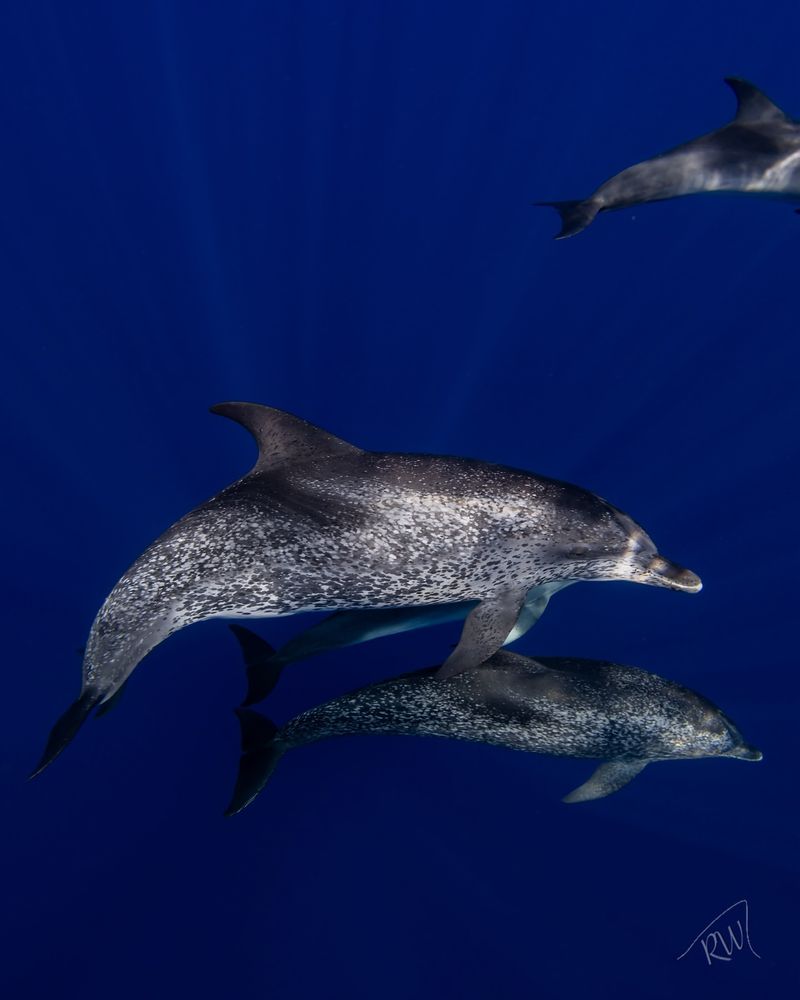
Dolphins are incredibly curious creatures, always eager to explore and learn about their environment. This curiosity often extends to humans, especially when they encounter someone in need of help.
Their intelligence allows them to assess situations quickly and respond in ways that can be beneficial to humans. For dolphins, each new encounter is an opportunity to satisfy their inquisitive nature and gain a better understanding of the other inhabitants of the ocean.
When they come across a person in trouble, their curiosity may drive them to investigate and offer assistance. In doing so, they not only satisfy their own interest but also provide crucial help to humans in distress. Dolphins’ problem-solving abilities are another aspect of their intelligence that plays a role in these interactions.
By analyzing the situation, they can devise ways to help, such as guiding the person to safety or warding off potential threats. This combination of curiosity and intelligence makes dolphins remarkable allies in the ocean, always ready to lend a helping fin to those in need.
3. Protective Instincts
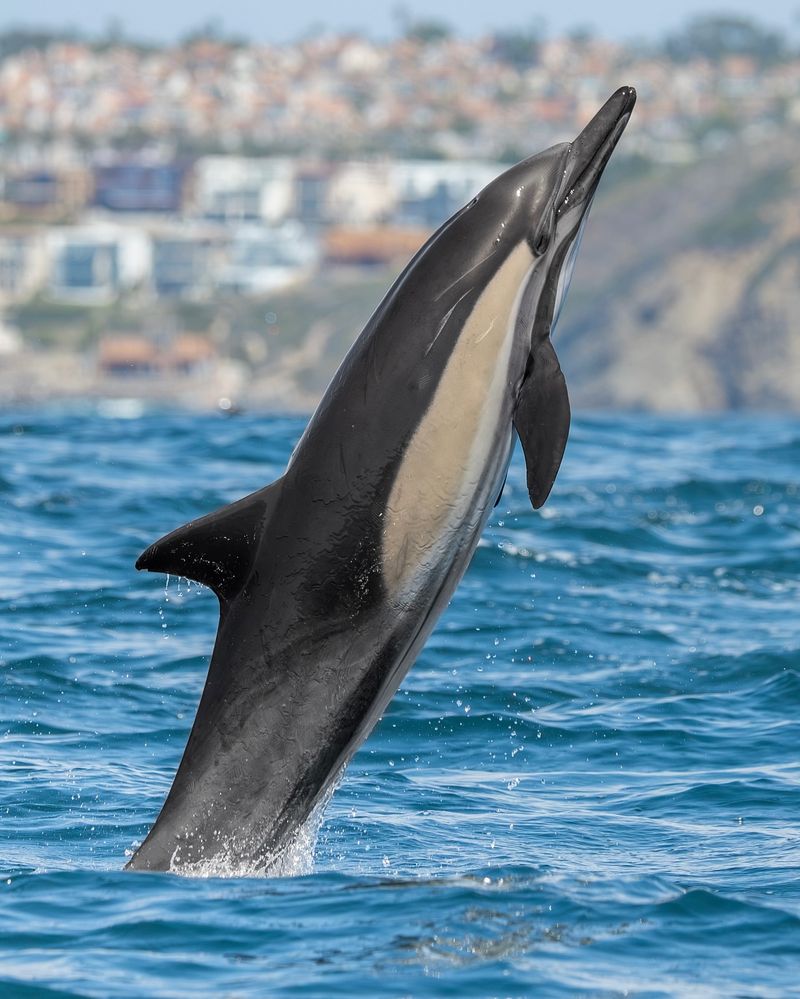
Dolphins have a natural instinct to protect their own, and this protective behavior often extends to humans. When they sense danger, such as the presence of a shark, dolphins may intervene to shield humans from harm.
This behavior has been documented in various incidents where dolphins have formed protective circles around swimmers, deterring predators. The protective instincts of dolphins are not merely reactions to specific threats but are part of their broader social behaviors. In their pods, dolphins look out for each other and work together to ensure the safety of all members.
This cooperative approach is mirrored in their interactions with humans, where they may see an opportunity to extend their protective reach. The ability of dolphins to recognize and respond to threats showcases their deep understanding of their environment and the creatures within it.
By acting as guardians, dolphins demonstrate their complex social behaviors and their willingness to ensure the safety of both their kind and humans in the ocean.
4. Altruistic Behavior
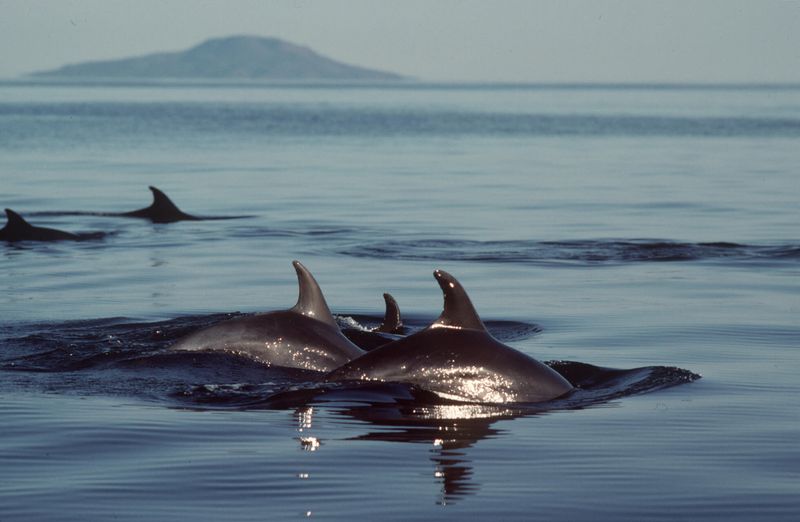
Altruism is a fascinating aspect of dolphin behavior, reflecting their willingness to help others without expecting anything in return. This selfless behavior is often observed in their interactions with humans, especially when someone is in distress.
Dolphins have been known to guide stranded swimmers to safety, providing crucial assistance in dire situations. The concept of altruism in dolphins is linked to their complex social structures and the strong bonds they form with each other.
These connections often extend to humans, leading dolphins to assist those they perceive as needing help. Their actions are not driven by personal gain but by an intrinsic desire to aid others. This altruistic behavior is an integral part of dolphin communities, where members support each other in various ways.
By extending this trait to humans, dolphins highlight their unique place in the animal kingdom, showcasing a level of compassion and understanding that is both rare and inspiring. This willingness to help, even at the risk of their own safety, underscores the extraordinary nature of dolphins as compassionate guardians of the sea.
5. Communication Skills
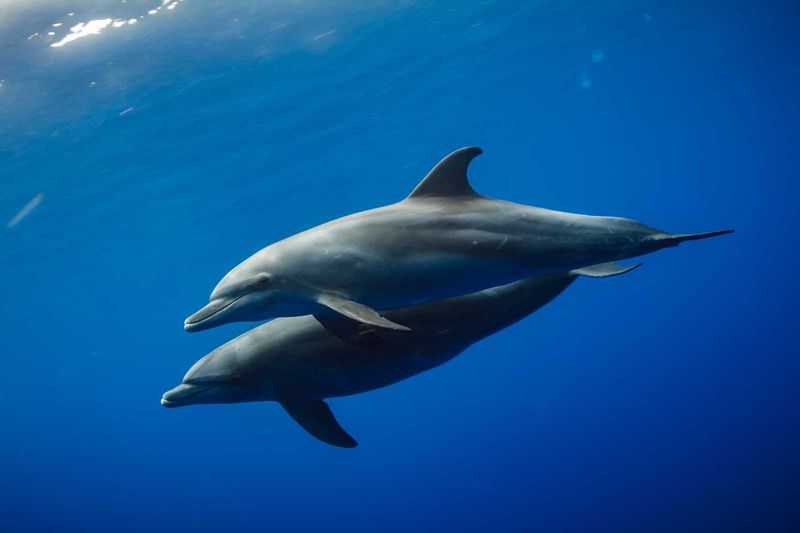
Dolphins possess remarkable communication skills, utilizing a complex system of clicks, whistles, and body language. These abilities enable them to convey information and coordinate actions within their pods and with humans.
When assisting humans, dolphins often use their communication skills to guide and reassure those in distress. The ability to communicate effectively is a key factor in dolphins’ interactions with humans, allowing them to convey their intentions and coordinate rescue efforts.
Dolphins’ use of echolocation and vocalizations helps them assess situations and make informed decisions about how to assist. By understanding and responding to human signals, dolphins can provide targeted help, ensuring their efforts are both effective and appreciated.
This communication prowess is a testament to dolphins’ intelligence and adaptability, reinforcing their role as empathetic and resourceful allies in the ocean.
Through their unique communication skills, dolphins bridge the gap between species, fostering a sense of understanding and cooperation that transcends the boundaries of land and sea.
6. Instinctual Bond With Humans
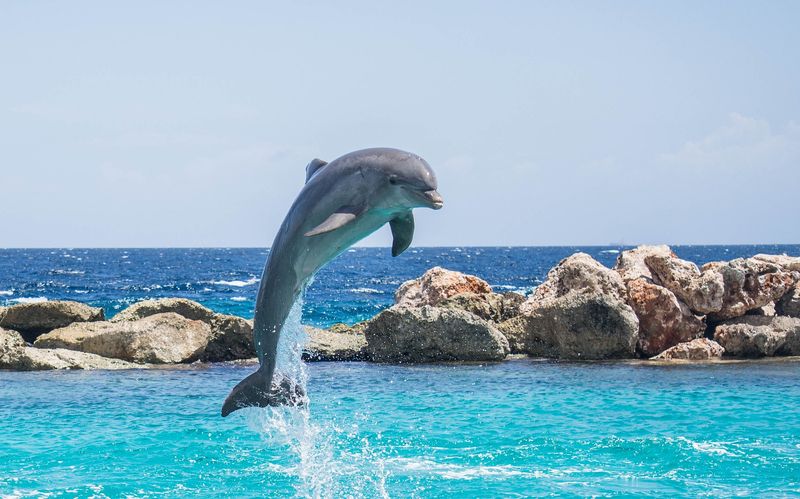
Dolphins have long been known for their playful interactions with humans, often displaying a natural affinity that suggests an instinctual bond. This connection may be rooted in their shared environment, as both humans and dolphins are drawn to the ocean’s allure.
Dolphins’ playful nature can lead to meaningful interactions with humans, often resulting in assistance when needed. This instinctual bond is not just about playfulness but also encompasses a deeper understanding and connection.
Dolphins appear to recognize humans as fellow sentient beings, leading them to offer help in times of need. Their ability to sense distress and react accordingly highlights this bond, showcasing an innate desire to connect and assist.
These interactions often leave lasting impressions on both dolphins and humans, reinforcing the unique relationship between our species. Dolphins’ instinctual bond with humans is a cherished aspect of their nature, illustrating their role as gentle guardians and playful companions in the marine world.

